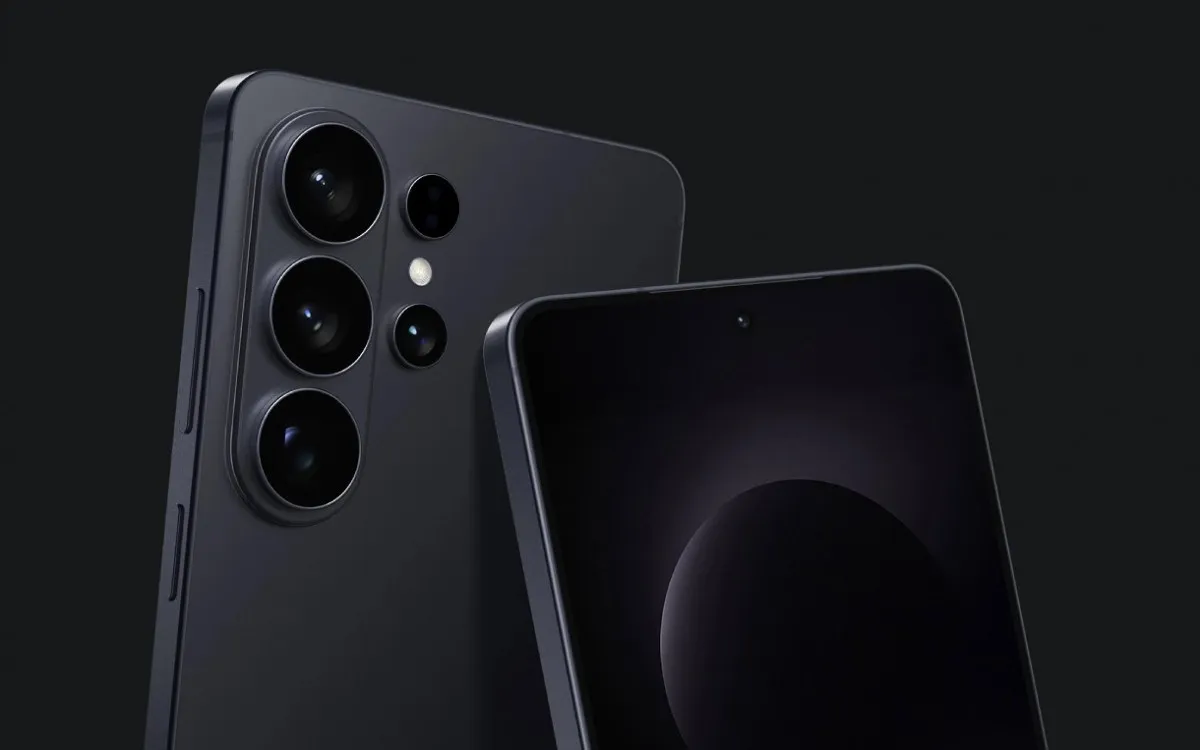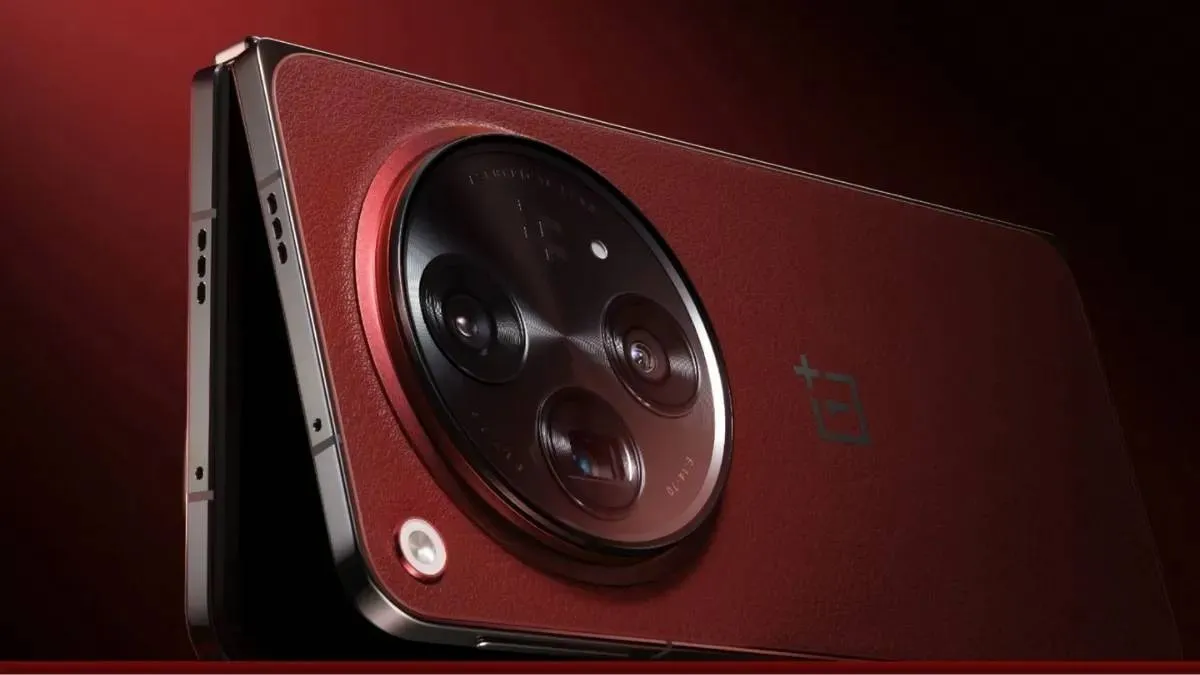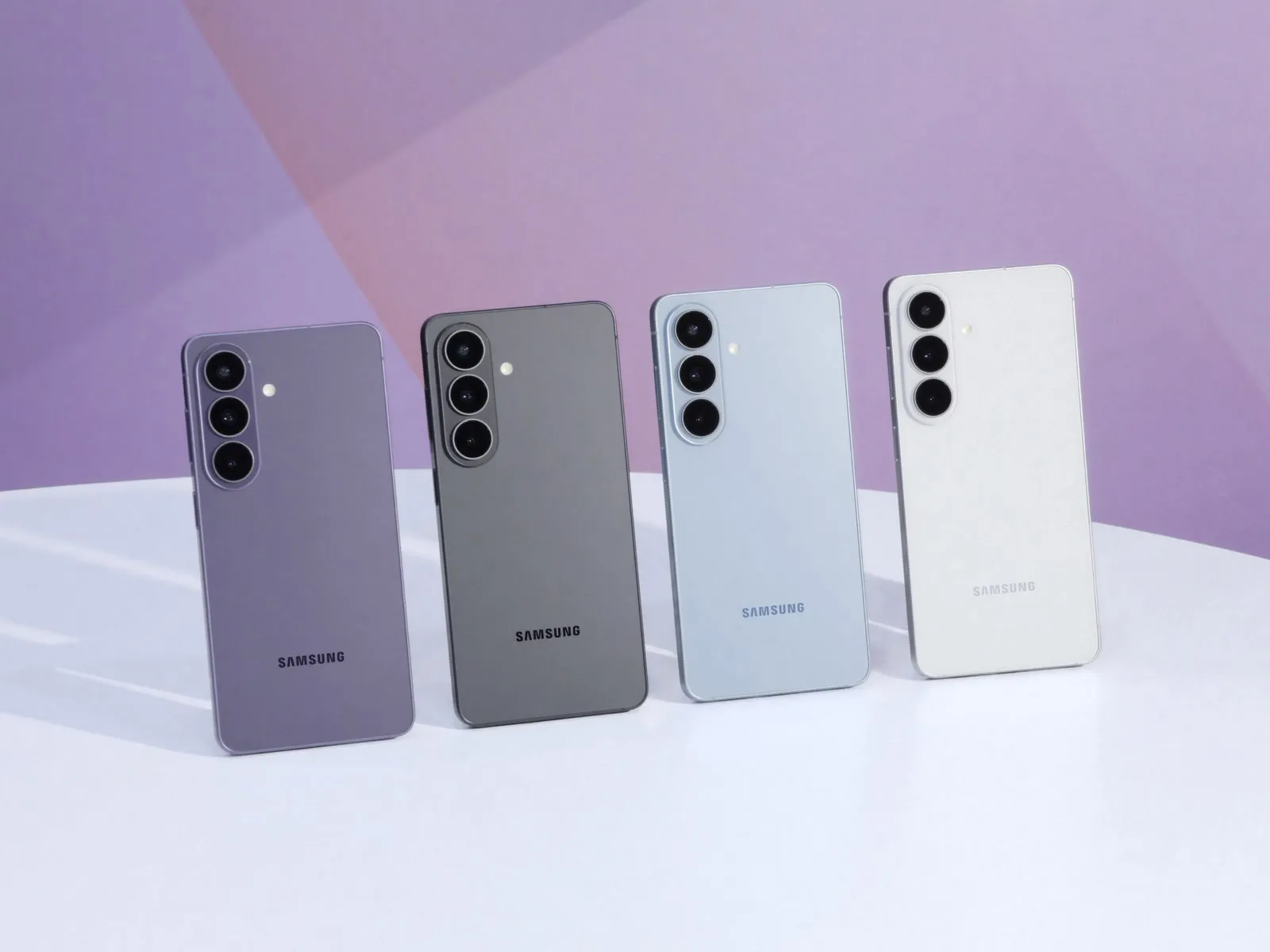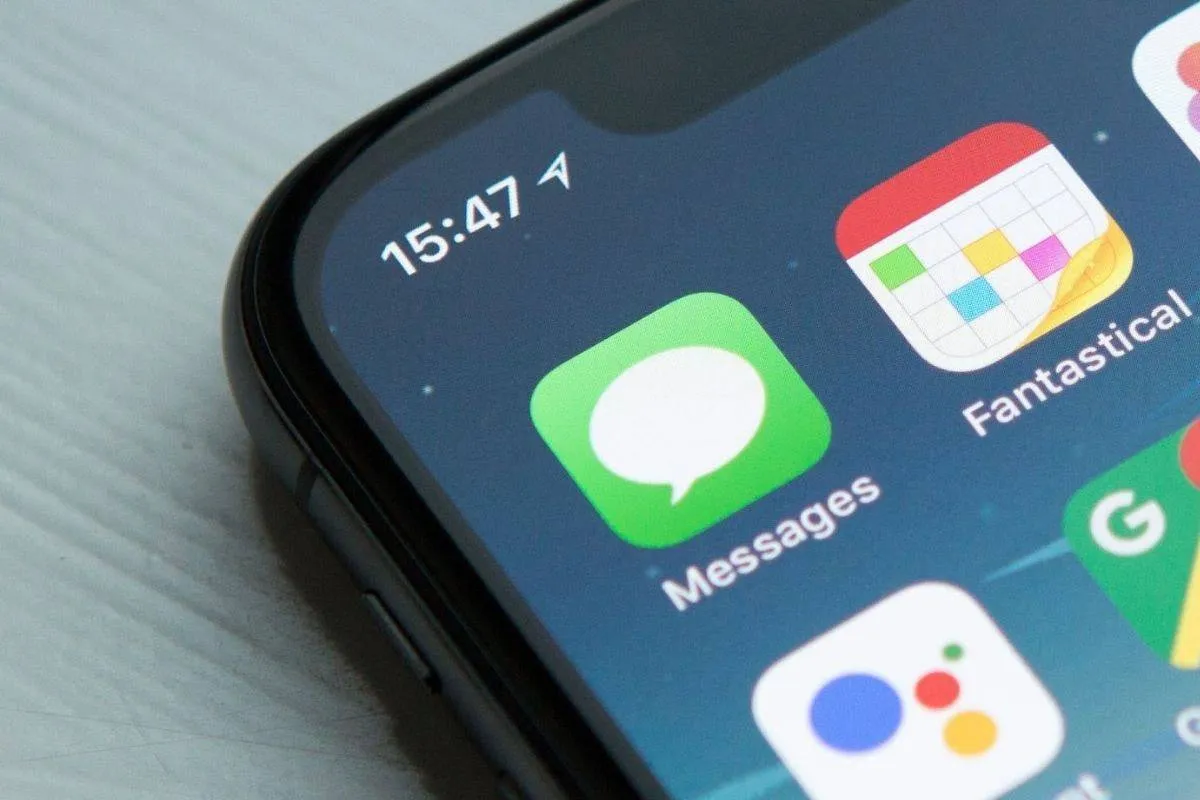
In a surprising turn of events, Apple has announced its plans to adopt the RCS standard for messaging on the iPhone, a move that will undoubtedly delight users who have long advocated for this compatibility. This decision marks a significant shift in Apple's messaging approach, paving the way for seamless communication between iPhone and Android devices.
Apple Embraces RCS Standard for Messages on iPhone, Enhancing Cross-Platform Communication
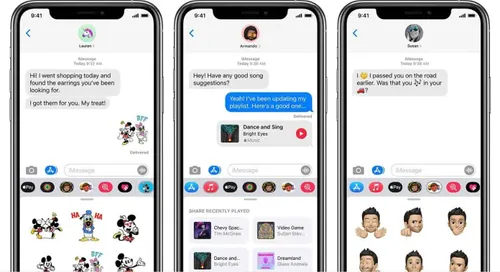
While the RCS integration is slated to arrive towards the end of next year, its arrival is eagerly anticipated, as it promises to elevate messaging capabilities across platforms. Apple's commitment to this standard aligns with the growing demand for unified communication solutions, addressing the limitations of the traditional SMS and MMS protocols.
In a statement to 9to5Mac, Apple expressed its belief that "the RCS Universal Profile standard will offer a better interoperability experience when compared to SMS and MMS services." This acknowledgement underscores the company's recognition of the need for more advanced messaging features. Particularly in a world where communication transcends device boundaries.
The implementation of RCS on the iPhone will be facilitated through a software update, with telecom operators playing a crucial role in ensuring a smooth and seamless rollout. This collaborative effort will be essential in maximizing the benefits of RCS. And ensuring that users can fully reap the advantages of this enhanced messaging experience.
Delving into RCS: A Standard that Elevates Messaging
The RCS (Rich Communication Services) standard, developed by the GSM Association, represents a significant advancement over the traditional SMS and MMS protocols. It introduces a host of features that enhance the messaging experience. Bringing it closer to the capabilities of modern communication platforms.
With RCS, users can effortlessly share high-resolution photos and videos, eliminating the frustration of low-quality media transfers. Additionally, RCS facilitates the exchange of audio messages and larger files, further expanding the possibilities of digital communication.
Beyond its functional enhancements, RCS also bolsters security measures. Safeguarding the exchange of messages between various platforms and ensuring the integrity of group chats across different devices. This focus on security aligns with Apple's longstanding commitment to protecting user data and privacy.

Apple's Commitment to iMessage: A Secure and Feature-Rich Messaging Haven
Despite embracing RCS, Apple remains steadfast in its commitment to iMessage, recognizing its position as the "most secure experience" for Apple users. iMessage continues to offer a suite of unique features. Including end-to-end encryption, read receipts, and typing indicators, providing users with a comprehensive and secure messaging platform.
The integration of RCS into the iPhone ecosystem represents a complementary step rather than a replacement for iMessage. While RCS will enhance cross-platform communication, iMessage will continue to serve as the preferred messaging solution for Apple users. Offering a secure and feature-rich experience.
Conclusion: A Step Forward in Unified Communication
So, Apple's decision to adopt the RCS standard marks a significant step forward in unifying the messaging landscape. This move paves the way for a more seamless and user-friendly communication experience. Breaking down the barriers between iPhone and Android devices. As RCS integration takes shape, users can look forward to enhanced messaging capabilities, improved security, and a more unified communication experience.
Loading
